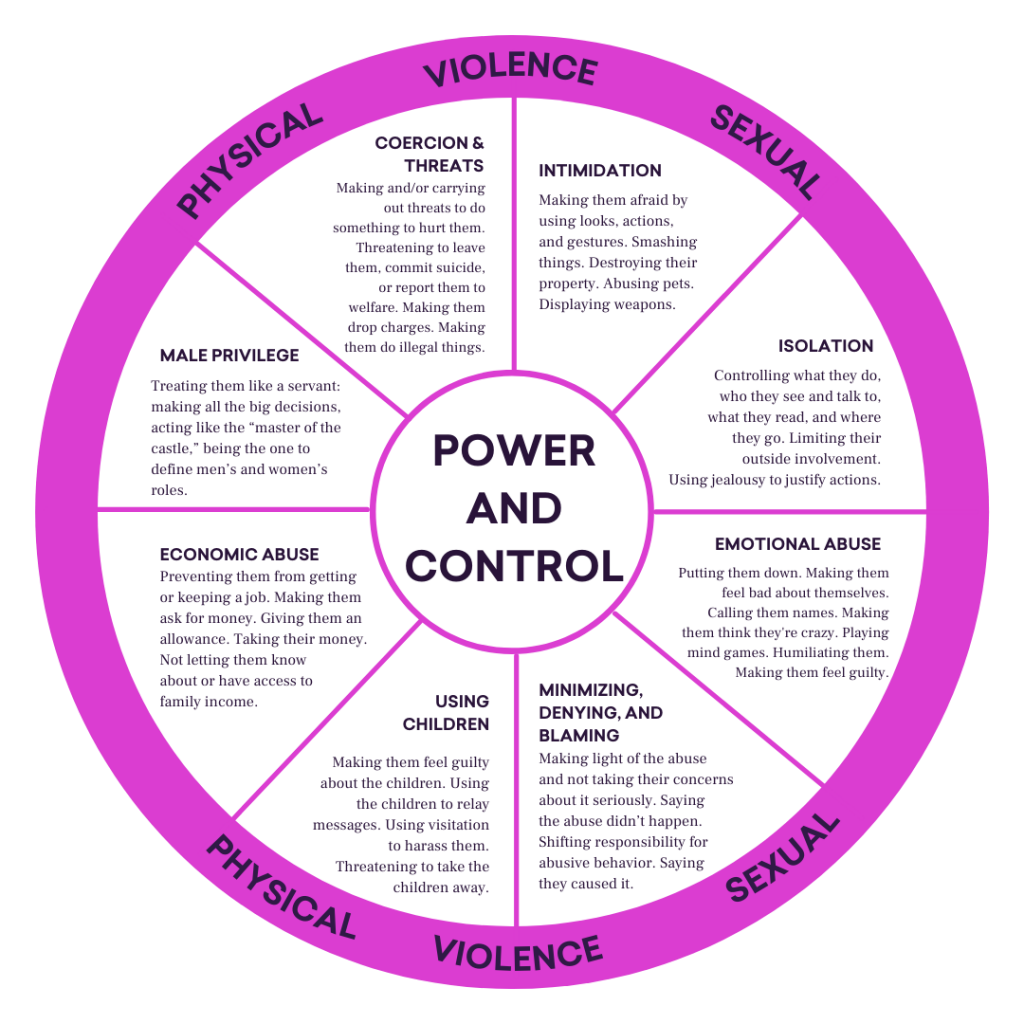The term “sheltered” often pops up in conversations, sometimes innocently, sometimes with a hint of judgment. It describes someone who may lack exposure to certain experiences or perspectives, but is it inherently mean to use this label? This article delves into the nuances of using “sheltered,” exploring its meaning, the importance of context, and how to communicate respectfully without resorting to potentially hurtful labels.
This exploration will examine the various facets of the term “sheltered,” analyze its potential for misuse, and offer alternative phrasing that promotes understanding and avoids judgment. By the end, you’ll have a clearer understanding of when and how to use this word responsibly.
Meaning of “Sheltered”
At its core, “sheltered” refers to someone who has been protected from certain experiences or environments. This protection can stem from various factors, such as upbringing, social circles, or personal choices. A sheltered individual might be unfamiliar with diverse cultures, challenging situations, or unconventional viewpoints.
It’s important to note that being sheltered doesn’t necessarily imply a negative connotation. Sometimes, it reflects a deliberate choice to prioritize safety and well-being. For example, a parent might intentionally shield their child from certain media content or social situations to protect them from harmful influences.
However, the term can also carry a subtle judgment, implying that someone is naive, inexperienced, or lacking in worldly knowledge. This perception often arises when “sheltered” is used to criticize someone’s lack of exposure rather than acknowledging the reasons behind it.
Context Matters

The meaning and impact of using “sheltered” heavily depend on the context. Consider these scenarios:
- Neutral: “Growing up in a small town, she was quite sheltered from the hustle and bustle of city life.” This statement simply describes her upbringing without judgment.
- Potentially Judgmental: “He’s so sheltered; he doesn’t understand how the real world works.” This phrasing implies criticism and suggests that his lack of experience makes him incapable or naive.
The key difference lies in the intention and tone. When used neutrally, “sheltered” simply describes a situation. When used judgmentally, it carries an implied negative assessment of the individual.
Judgmental Use of “Sheltered”
Using “sheltered” judgmentally can be hurtful and dismissive. It often stems from a place of superiority, assuming that one’s own experiences are inherently more valuable or valid.
Labeling someone as “sheltered” can:
- Minimize their experiences: It suggests that their life lacks meaning or significance simply because it differs from your own.
- Create a sense of shame: They might internalize the label and feel inadequate or ashamed of their upbringing or choices.
- Hinder communication: It sets up a barrier between individuals, making it harder to have open and honest conversations.
Instead of resorting to judgmental labels, focus on understanding different perspectives and experiences.
Alternatives to “Sheltered”

There are many alternative phrases that can convey the same meaning without carrying the negative connotations of “sheltered.” Consider these options:
- Unfamiliar with: “He’s unfamiliar with city life due to his upbringing in a rural area.”
- Limited experience in: “She has limited experience in dealing with conflict resolution.”
- Lacking exposure to: “Their sheltered upbringing meant they lacked exposure to diverse cultures.”
- Newly introduced to: “This concept is newly introduced to him, so he’s still learning about it.”
These alternatives are more neutral and focus on describing the situation rather than making a judgment about the individual.
Respectful Communication
Ultimately, respectful communication prioritizes understanding over labeling. When interacting with someone who may have different experiences or perspectives, consider these tips:
- Listen actively: Pay attention to what they say and try to understand their point of view.
- Ask open-ended questions: Encourage them to share their thoughts and feelings without judgment.
- Be empathetic: Put yourself in their shoes and try to see things from their perspective.
- Use “I” statements: Express your own thoughts and feelings without blaming or criticizing the other person.
Conclusion
The question of whether calling someone “sheltered” is mean ultimately boils down to context and intention. While the term can simply describe a lack of exposure, using it judgmentally can be hurtful and dismissive. By choosing more neutral language and prioritizing respectful communication, we can foster understanding and create a more inclusive environment for everyone.



